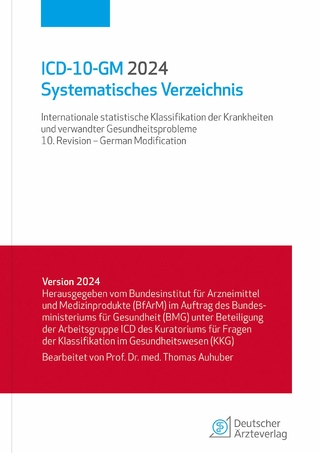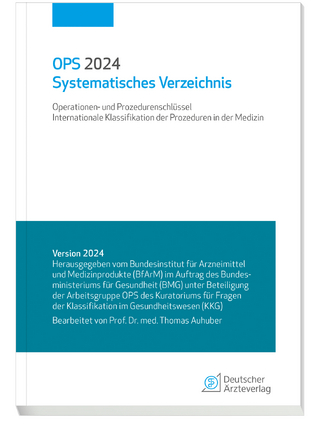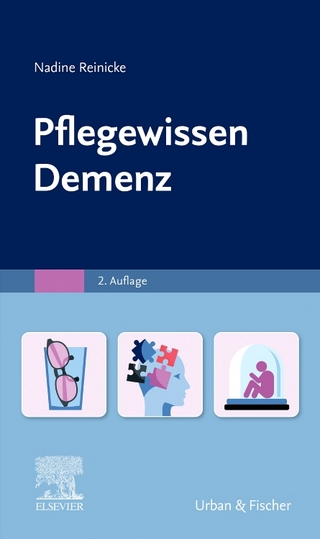
Ending Medicine’s Chronic Dysfunction
Springer International Publishing (Verlag)
978-3-031-00479-7 (ISBN)
Lawrence L. Weed, MD (1923-2017) is best known for originating problem lists and "SOAP notes," two components of the problem-oriented record standard for organizing data in health records. As discussed in Chapter 5, LLW's work on health records arose out of his experiences in medical school, internships, residency in internal medicine, and basic research in biochemistry, at several institutions. In 1965, he became director of the outpatient clinics at Cleveland Metropolitan General Hospital, where he established a group to develop a computerized problem-oriented record. In 1969, he moved to the University of Vermont, where his group became known as the PROMIS Laboratory. LLW received a number of awards for his work, most prominently the Gustav O. Lienhard Award in 1995 from the Institute of Medicine of the National Academy of Sciences. Further details on his career are available in a New York Times obituary and other sources cited in chapter 5, Note 129.Lincoln Weed, JD, a son of LLW, practiced employee benefits law in Washington, D.C. for 26 years, followed by 8 years at a consulting firm where he specialized in health privacy. His experience as an employee benefits lawyer included work on health benefits. This intersected with LLW's work in medicine, which led to them co-authoring several publications. He can be reached at ldweed424@gmail.com and 703-424-4408.
Introduction.- Part I.- Nature of the Problem.- Examples of the Problem.- Magnitude of the Problem.- Background: Larry Weed.- Background: Medicine and the Domains of Science and Commerce.- Part II.- A Problem-Oriented System of Health and Health Care.- Informational Guidance: Clinical Decision Support Tools and Standards of Care for Coupling Patient Data with Medical Knowledge.- Process Guidance: The Problem-Oriented Record.- World 3 Medicine: Revisiting the Doctor's Role.- Conclusion.- Acknowledgments.- Author Biographies.
| Erscheinungsdatum | 06.06.2022 |
|---|---|
| Reihe/Serie | Synthesis Lectures on Assistive, Rehabilitative, and Health-Preserving Technologies | Synthesis Lectures on Technology and Health |
| Zusatzinfo | XII, 177 p. |
| Verlagsort | Cham |
| Sprache | englisch |
| Maße | 191 x 235 mm |
| Gewicht | 372 g |
| Themenwelt | Informatik ► Weitere Themen ► Bioinformatik |
| Medizin / Pharmazie ► Physiotherapie / Ergotherapie ► Orthopädie | |
| Naturwissenschaften ► Biologie ► Genetik / Molekularbiologie | |
| Technik ► Medizintechnik | |
| ISBN-10 | 3-031-00479-5 / 3031004795 |
| ISBN-13 | 978-3-031-00479-7 / 9783031004797 |
| Zustand | Neuware |
| Haben Sie eine Frage zum Produkt? |
aus dem Bereich


